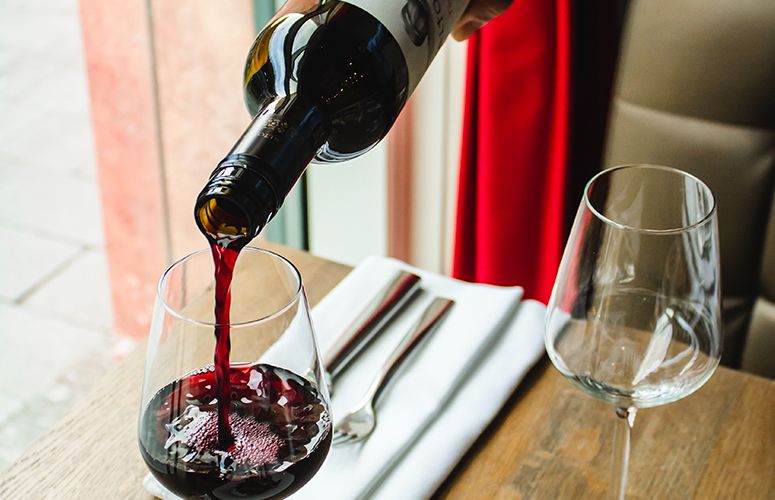BYOB And Dram Shop
This spring, wine lovers throughout the state rejoiced, as a new law took effect, allowing patrons to bring their own wine to a restaurant, as long as the restaurant permits it. Pennsylvania and New Jersey also have laws that allow restaurant customers to bring their own wine. And Michigan wine connoisseurs have been looking forward to doing the same.
But what happens when a customer brings too much wine, then gets into a car crash and hurts someone else? Will Michigan’s new law allow the injured person to bring a civil action against the customer and the restaurant?
Though it will likely have to be tested in litigation, it is not likely that a restaurant or bar’s liability will be any higher or lower if a customer brings his own wine than it would be if the restaurant sold the wine.
Licensees – restaurants and bars that are licensed to sell alcohol on-premises – are liable for their guests’ behavior under certain Michigan laws: In addition to fines and possible loss of license to sell alcohol, bars and restaurants also are subject to dram shop laws.
From the Institute of Continuing Legal Education: The Michigan Liquor Control Code of 1998, (dram shop act) permits certain people to “bring a cause of action against the retail licensee that unlawfully served alcoholic beverages to an intoxicated person or a minor, resulting in injury, death, or property damage. … The act does not cover wholesale licensees.”
To recover, a plaintiff has to show that injury or death was caused by the seller’s “unlawful selling, giving or furnishing of alcohol to a visibly intoxicated person or a minor.” But dram shop will likely apply to a restaurant or bar, even if the customer brought his own wine, because it’s still the responsibility of the licensee to permit it or not permit it, and whether and how much to charge a customer for a “corking fee.”
An aside: If there is a civil action under dram shop, both the licensee and the intoxicated person or minor must also be named in the law suit. That’s because under Michigan law, the drunk person’s assets and insurance must be exhausted before the bar or restaurant is required to pay damages.
Also important to know, especially as prom and graduation season is fast approaching, the law for businesses with liquor licenses is different than it is for people who serve alcohol at private parties at home. That falls under what’s called “social host liability.”
That applies to a person or an entity other than a retail seller of alcohol for unlawfully providing alcoholic beverages. If you host a party and an adult drinks at your house, you are not liable for that adult’s actions because it was lawful for you to provide alcohol to a guest who is older than 21 years old. But if you provide alcohol to a minor under the age of 21 who later causes injury or death while under the influence, you are on the hook and can be sued.
If you have been injured and have any question at all about whether or not you can bring a civil action under dram shop law, consult an attorney right away. You have only 120 days to give defendants written notice.
HAVE YOU BEEN INJURED?
Get The Bernstein Advantage® today!
Free. Simple. Quick.


